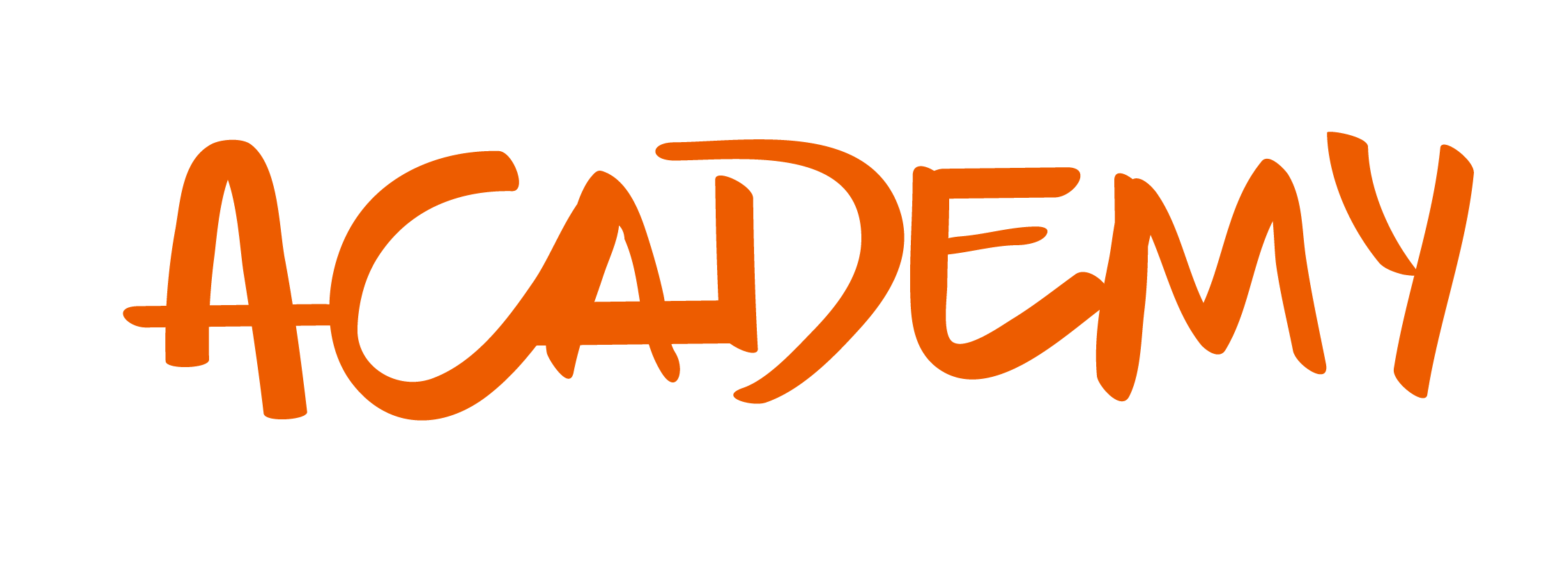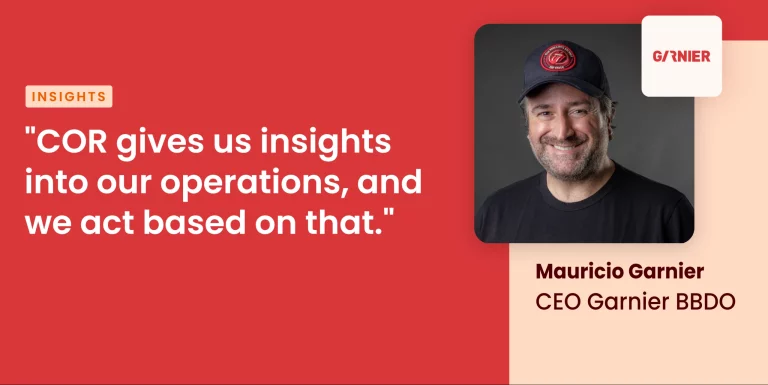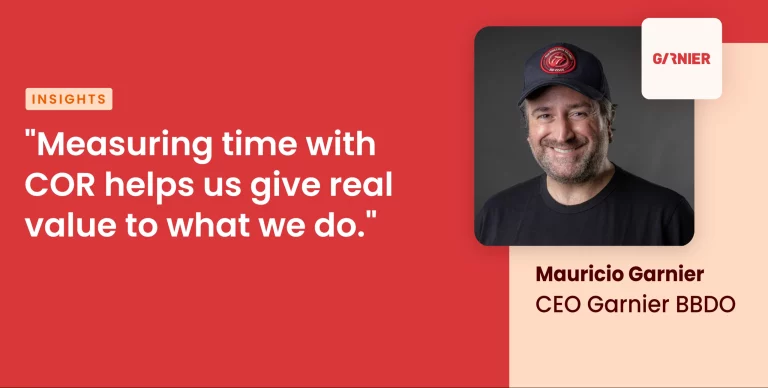Organization is the heart of any successful consulting firm. Keeping everything under control not only improves internal productivity but also ensures that clients receive high-quality service on time. The reality is that a poorly organized team can cause delays, mistakes, and ultimately, client dissatisfaction. That’s why implementing good organizational habits isn’t optional—it’s essential to staying competitive. Here’s how strong organization can transform your consulting firm and the key elements to achieve it.
The impact of organization on productivity
When your consulting firm is well-organized, the team knows what to do, when to do it, and how to do it. This prevents those typical situations where everything seems urgent, but no one knows where to start. A lack of organization can lead consultants to waste time looking for information, rearranging priorities, or even duplicating tasks already completed by other team members.
This is where project management tools like COR play a fundamental role, allowing you to assign specific tasks with clear deadlines and responsibilities, while making it easier to prioritize and track progress. Additionally, having a global view of ongoing projects helps you better distribute the workload, ensuring that no consultant is overburdened or underutilized.
“In a consulting firm, productivity isn’t just about doing more in less time, but about doing the right things at the right time, with maximum efficiency.”
Maintain clear communication and efficient workflows
One of the fastest ways for a consulting project to go off track is poor communication. Undefined workflows, unclear responsibilities, or scattered communication channels are often sources of conflict and delays. Without clear organization, consultants can become confused about who is in charge of which tasks, turning what should be a smooth project into chaos.
To avoid these issues, it’s essential to establish a clear communication protocol, keeping everyone informed and up to date in real time. Additionally, setting up weekly or bi-weekly check-in meetings is a good practice. These meetings provide a space to track project progress, align expectations, and address any issues that may have arisen along the way.
Documentation: Your best ally for efficiency
Document management is another aspect many consulting firms overlook, but it’s key to avoiding bottlenecks. How many times has a project been delayed because a contract, report, or important document couldn’t be found? The lack of a centralized document system can cost you valuable hours and, even worse, lead to serious errors.
Creating a well-structured internal database where the entire team has access to updated information is essential. This includes not only project-related documents but also internal processes, methodologies, and any other material that ensures workflow continuity. Not only does this save time, but it also ensures that the entire team is aligned and has the necessary information to meet their goals.
Plan while balancing order and flexibility
Proper planning is another pillar of a well-organized consulting firm. Without adequate planning, the team may feel like they’re constantly putting out fires rather than working strategically. However, in consulting, where changes are frequent and clients often request last-minute adjustments, flexibility is just as important.
The challenge is finding the right balance: having a solid plan that serves as a guide, but one that’s adaptable enough to meet new demands or unforeseen circumstances. This means not only planning projects from start to finish but also building in time buffers for potential setbacks or shifts in project direction.
Delegate tasks smartly by leveraging your team’s strengths
In a consulting firm, every team member has unique skills and strengths. Identifying these strengths and delegating tasks accordingly is essential for effective organization. Delegation isn’t just about randomly distributing tasks—it’s about doing it strategically, ensuring that the right people are working on the right tasks. This approach maximizes productivity and ensures the best possible outcomes for both the team and the clients.
For example, a consultant with strong analytical skills can handle the research phase, while another who excels at client relations can lead the results presentation meetings. By distributing responsibilities in this way, you not only improve efficiency but also achieve better outcomes for the client.
Automation: Let technology handle the heavy lifting
Technology is a key tool for improving organization in any consulting firm. There are numerous solutions to automate repetitive tasks, from billing to report creation. This frees up time for the team to focus on higher-value activities, such as data analysis or strategic decision-making.
Additionally, automation reduces the margin for error in processes that, when done manually, could cause delays or mistakes. Having an automated system for task tracking or report updates not only makes the team’s work more efficient but also provides consulting firm leaders with greater peace of mind.
Conclusion
Good organization in a consulting firm is not optional; it’s the foundation for delivering quality service and maintaining client satisfaction. From efficient project management to proper task delegation and the strategic use of technology, being well-organized allows you to not only meet client expectations but exceed them. Implementing clear processes and relying on the right tools are the first steps to transforming your consulting firm into a model of efficiency and productivity.














